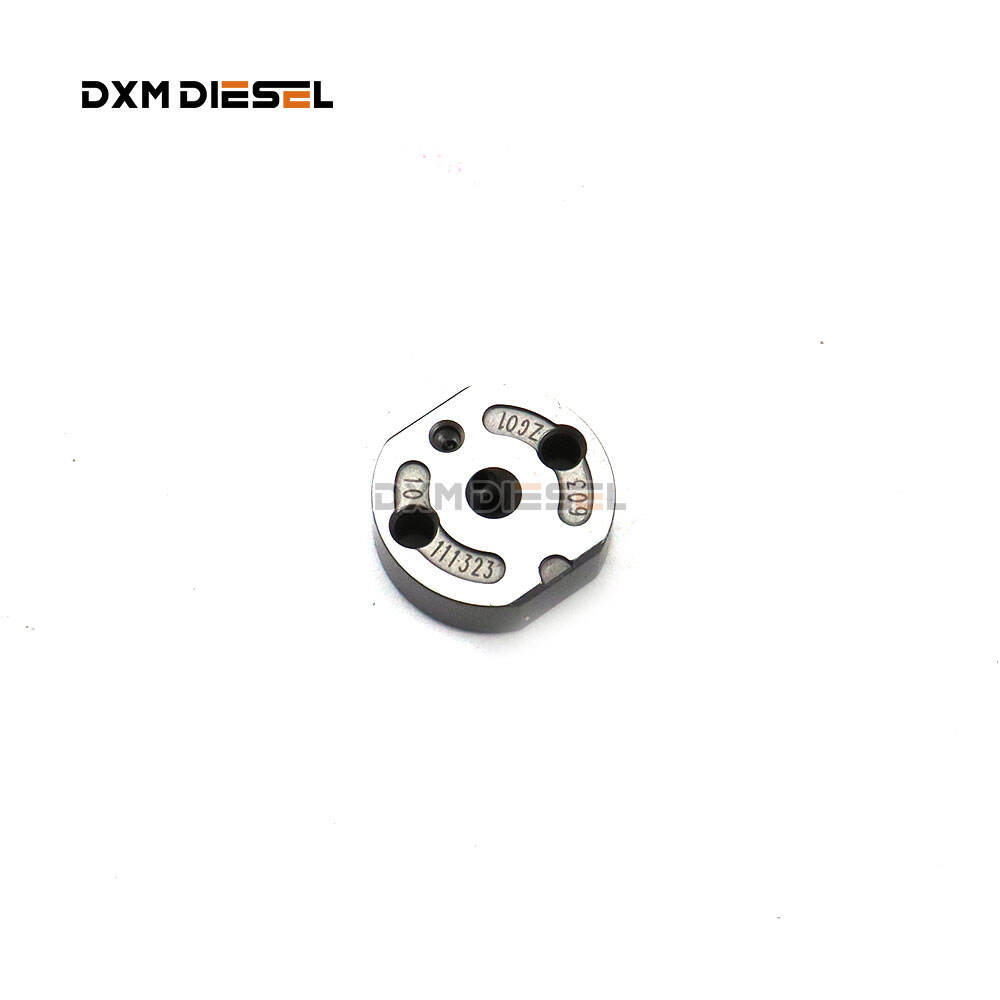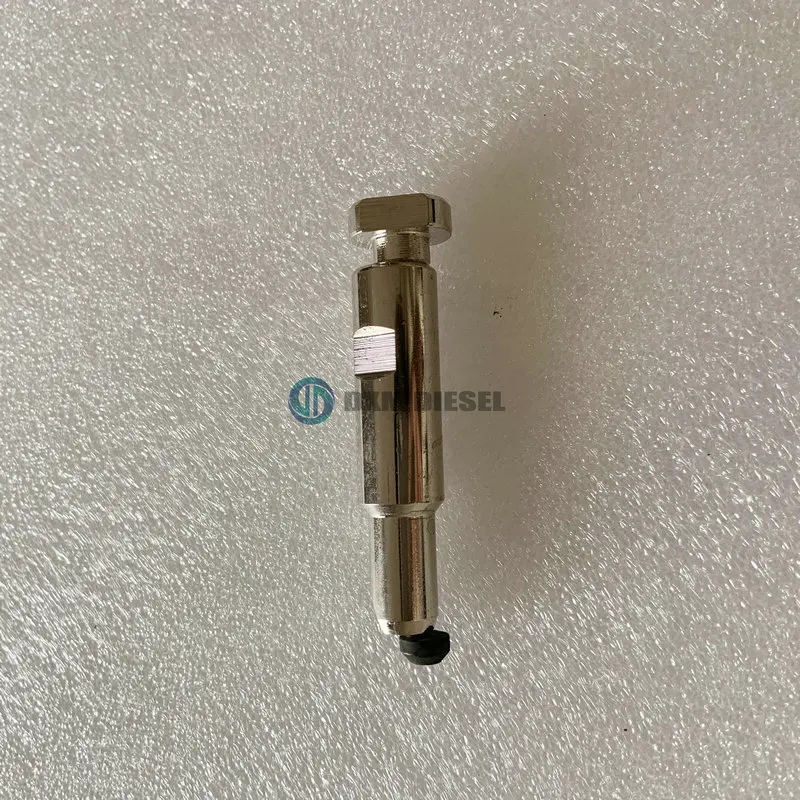Diesel engines are tough and robust machines that require a special type of fuel as their energy source in order to make power for things like vehicles, buses, big squidgy generators etc. Some of this fuel needs to enter your engine regularly, smoothly so it can work effectively. This is when the feed pump comes into play. An important part of this process if the feed pump which is what ensures that diesel fuel gets to the engine correctly and at right time.
A feed pump which allows to transfer diesel fuel from the tank into engine is a siting on this device. It is easy to see it with a straw you drink from like in the case of milkshakes. As with a straw slurping from the cup, so does the feed pump draw diesel fuel from the tank and carry it to its respective destination in adequate pressure required by an engine. If the feed pump is broken or not working your engine will undoubtedly starve for fuel and run like crap, if at all.
It is very crucial to maintain a diesel engine feed pump in order for the engine to operate over an extended period of time. This type of service keeping all feed pump parts from being damaged or worn is performing well. If the pump is ignored, it can eventually cause some real issues.
A broken feed pump or a filter does not work properly, it is very harmful to our diesel generator. With pump failure, this may result in the engine starving of fuel completely. This can cause the engine to run very rough or in some cases it may not start at all. The engine sputtering and stalling; in addition to, loss of power while driving can also be a result of an idling fuel pump that is damaged or blocked.

On top of those things, a broken pump can take its toll on the engine; causing it to use more fuel than needed trying to power through what should be simple work. Not only is this an inefficient method when it comes to using fuel but also might end up making the total cost of running and maintaining the engine more expensive. Kinda like riding a bicycle with flat tires; its possible but it will be difficult and youll get exhausted even faster!

There are some considerations you need to keep in mind when selecting a feed pump for your diesel engine... The way you plan to run the engine, type of fuel required and operating conditions should be considered. While a small pump might not be able to offer much fuel pressure and can starve the engine, a large one will return wasted fuel downward as well use up all its components early producing more wear.

The flow rate is one of the most crucial things to take into account. Flow Rate – This will refer to the rate at which fuel gets moved by whatever pump you are considering. Commonly referred to in gallons per minute (gpm), this figure varies depending on the overall size and engine power of your pressure washer — which also speaks for what it was designed best suited. Typically, a higher flow rate means more fuel can be delivered on compressed time which is ideal for high-performance radio engines.
DXM DIESEL is equipped with strict testing equipment to ensure that each product undergoes comprehensive performance testing before leaving the factory to ensure the reliability and durability of the product in actual application.
The company adopts standardized production processes and has passed SGS certification to ensure that every production link meets international standards and further improves product quality and consistency.
Since its establishment in 2007, the company has focused on the field of diesel injection systems and has accumulated 13 years of production experience. It can deeply understand customer needs and provide professional technical support and services.
DXM DIESEL has precision production equipment such as BOSCH and Hardridge to ensure high precision and high efficiency in the product manufacturing process, thereby ensuring the stability and reliability of product quality.